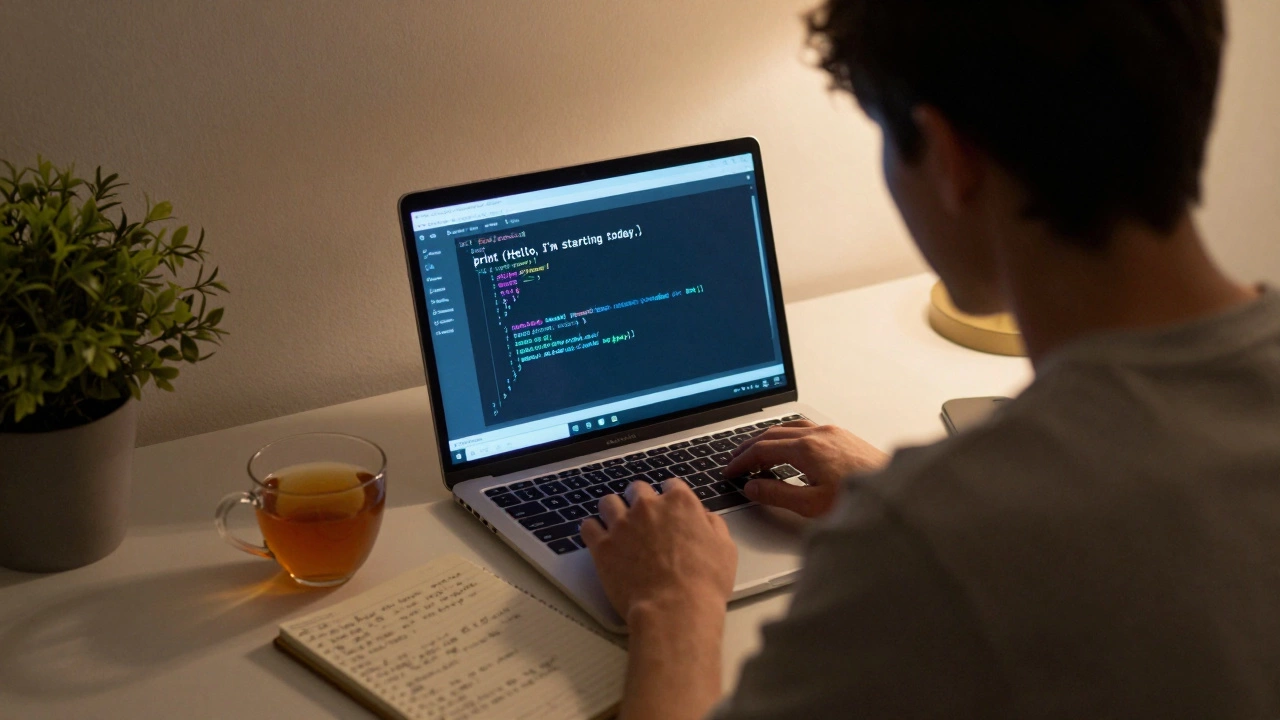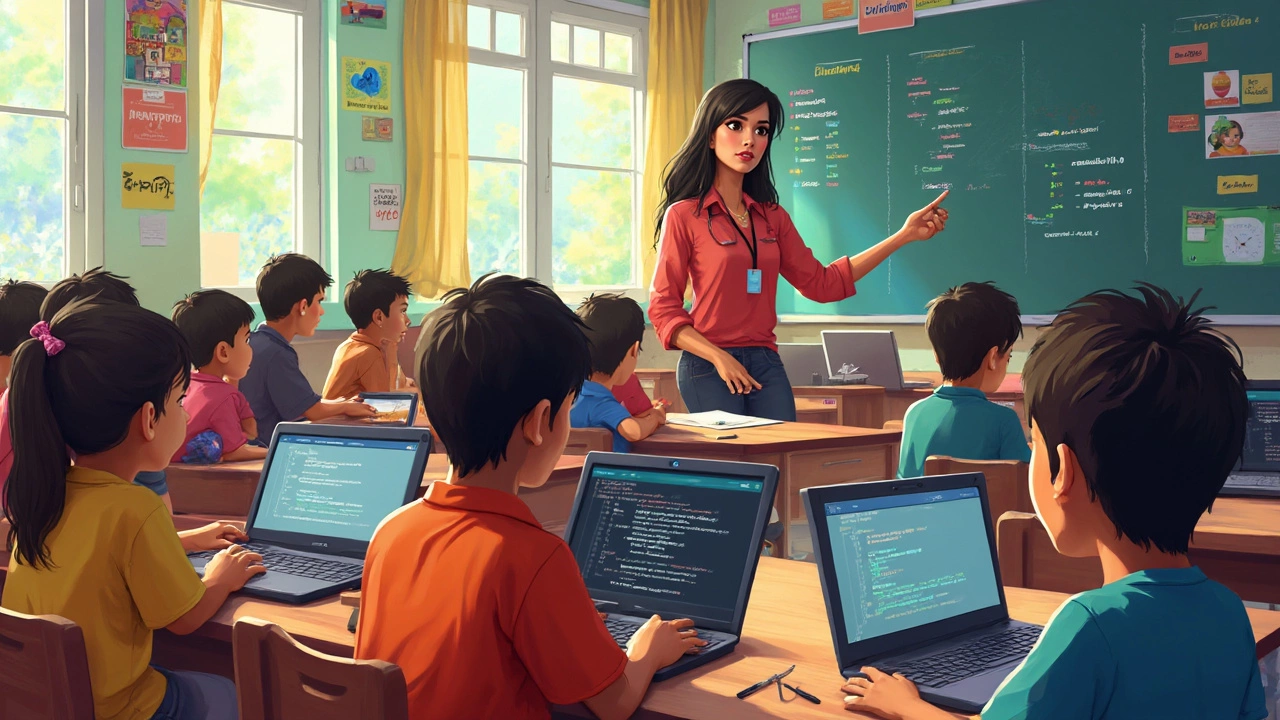Beginner Programming: How to Start Coding Today
Feeling curious about coding but not sure where to begin? You’re not alone. Most beginners get overwhelmed by the sheer number of languages, tools, and tutorials out there. The good news is you don’t need to master everything at once. With a clear plan and a few focused resources, you can write your first program in a single day.
Pick the Right First Language
Choosing a language that matches your goals makes learning smoother. For most people, Python is the safest bet. Its syntax reads like plain English, so you spend less time wrestling with symbols and more time solving problems. If you’re excited about building websites, JavaScript lets you see instant results in a browser. Want to understand how apps run on Android phones? Java or Kotlin are practical choices. Whatever you pick, stick with it for the first few weeks—switching too often stalls progress.
Start with tiny programs: a “Hello, World!” script, a basic calculator, or a simple price‑checker that adds tax. These projects teach you how to write, run, and debug code. When you see the output on screen, you’ll feel the thrill that keeps many programmers motivated.
Essential Tools and Resources
You don’t need a fancy setup to begin. A free code editor like VS Code or Sublime Text is enough. Install it, open a new file, and start typing. Most editors highlight mistakes in real time, which saves you from endless error hunting.
Next, get comfortable with the command line or terminal. Running python filename.py or node filename.js is how you execute your code outside the editor. There are plenty of beginner‑friendly tutorials on YouTube, free courses on platforms like Coursera, and interactive sites such as Codecademy that let you practice directly in the browser.
Join a community. A subreddit, Discord server, or local coding meetup gives you a place to ask questions and share wins. When you’re stuck, a quick search often leads to a solution already posted by someone who faced the same issue.
Finally, adopt a habit of writing code daily, even if it’s just 10 minutes. Consistency beats occasional marathon sessions. Keep a simple notebook where you jot down new concepts, error messages, and the solutions you discover. Over time, that notebook becomes your personal cheat‑sheet.
Starting to program is less about talent and more about persistence. Pick a language, set up a lightweight environment, and dive into small projects. With each line you write, you’ll grow more confident and ready for the next challenge. Happy coding!
Is coding difficult for beginners? What to expect when starting out
Is coding difficult for beginners? It’s not about talent-it’s about consistency. Learn what to expect, common mistakes to avoid, and how to start coding with zero experience.
read moreHow Fast Can I Learn Coding? Proven Paths and Timelines for Beginners
Curious how fast you can learn coding? Uncover timelines, proven study hacks, real stories, and smart tips that get you from zero to coder sooner.
read moreBest Coding Classes: How to Choose the Right One for You
Picking the right coding class can be confusing with so many options out there. This article breaks down what makes a great coding class and shares tips for absolute beginners, kids, and even parents. We look at the differences between online and in-person courses and explore which platforms actually help you learn coding skills fast. By the end, you'll know how to pick a class that fits your goals and style.
read more

